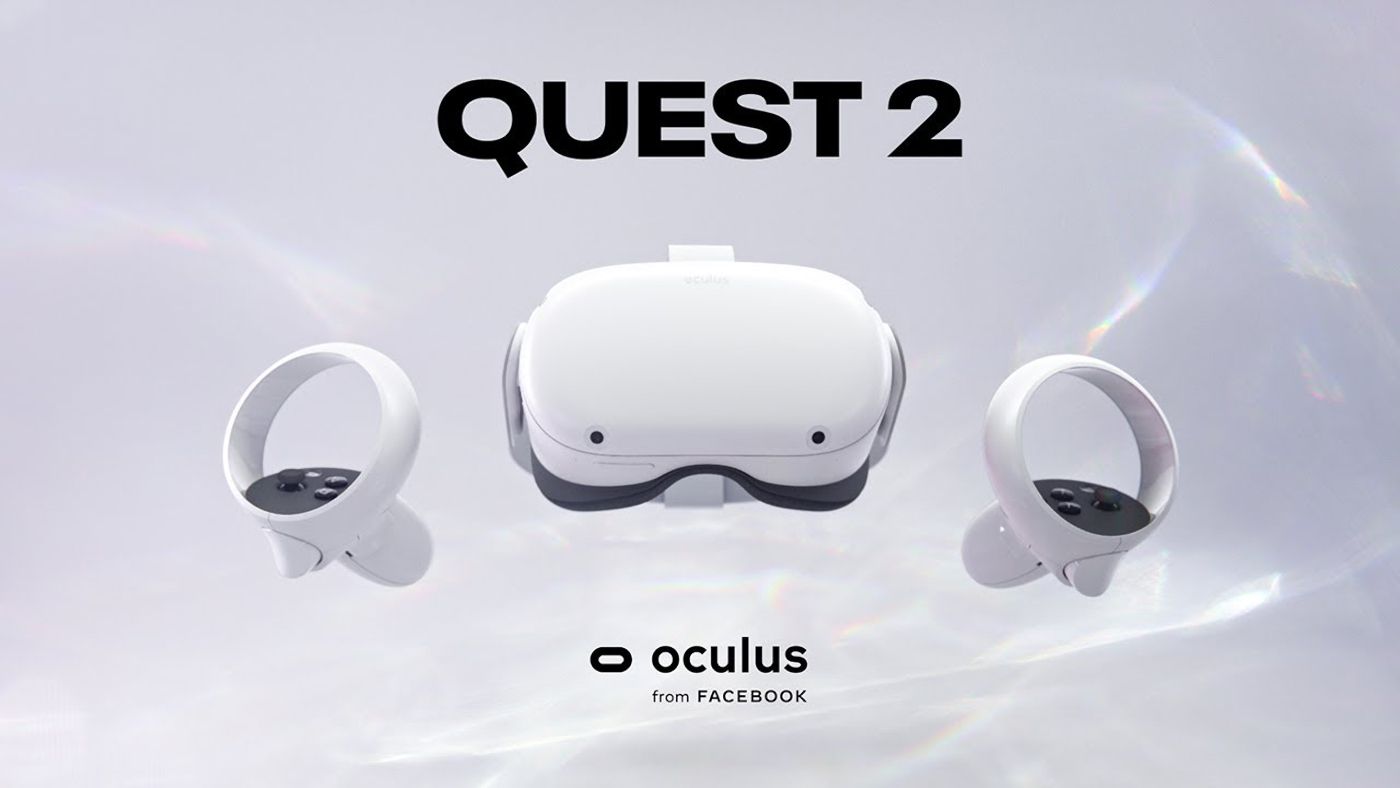The Steam Deck has quickly become one of the most exciting releases of the relatively near future. The handheld PC hardware will offer gamers access to their Steam libraries on the go. What's especially exciting about the Steam Deck is its custom hardware, delivering a contained gaming PC in such a small space. It's a product that Valve was uniquely capable of putting together. That idea is leading to questions about other possible hardware products from Valve, like perhaps a standalone VR headset.
A wave of previews for the Steam Deck were recently shared online, as Valve had invited a variety of media outlets to check out the device hands-on. During The Verge's preview, the outlet asked Valve's Greg Coomer about the possibility of using the technology of the Steam Deck to make a standalone VR headset. In other words, whether Valve was going to make its own version of Facebook's Oculus Quest 2.
While Coomer, of course, didn't confirm anything or even let slip the possibility that Valve was working on such a device, he didn't outright reject the idea, either. Coomer responded by saying that the Steam Deck's custom AMD APU, the chip combining both CPU and GPU, "would work well in that environment," referring to the idea of a standalone VR headset. Further, he said that the idea is "very relevant to us and our future plans." Suffice to say, that's a very promising response.
The idea is that if Valve can put together a handheld gaming device like the Steam Deck, with its impressive performance, standalone power, and thermal profile, Valve could do the same with a headset. After all, Valve already has a high-performance wired VR headset in the Valve Index, too. Valve's experience with both VR and non-wired devices seems optimal for developing its own standalone headset in the future.
Obviously, it isn't as easy as sticking a Steam Deck to the back of a Valve Index VR headset and selling it. The hardware used in the Steam Deck is intended to deliver a specific level of performance and has a battery pack intended for that level of performance. A VR headset, even a standalone headset, would require significantly higher performance and a battery to support it.
The direction of virtual reality headsets are moving in two different directions. Valve has one of those directions covered with the Valve Index, which covers high-performance virtual reality with a high price of entry. The other is accessible virtual reality, disconnected from a PC and from wires entirely at a more affordable price. The technology in the Steam Deck could be Valve's first step towards supporting that direction of virtual reality, too.
The Steam Deck releases later this year.
Source: The Verge


